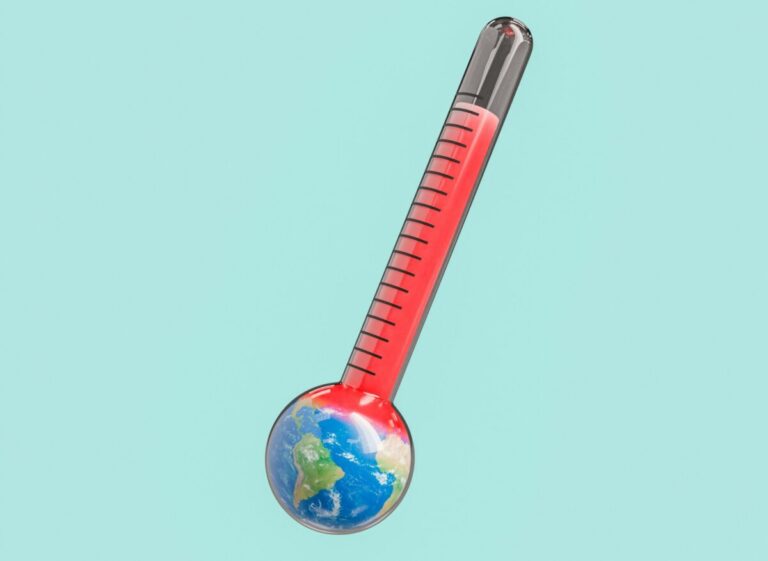In early July 2023, the World Meteorological Organization (WMO) and the Copernicus Climate Change Service announced that the month was on track to become the hottest ever recorded globally. On July 6, the average global surface air temperature soared to 17.08°C (62.74°F), surpassing the previous record set in 2019. This alarming spike is largely driven by the ongoing El Niño phenomenon, which has amplified the effects of global warming, pushing temperatures to unprecedented levels.
Unprecedented Heatwaves Across the Northern Hemisphere
The extreme heat was felt worldwide, especially across the Northern Hemisphere. Countries in southern Europe, including Spain, Greece, and Italy, endured record-breaking temperatures accompanied by devastating wildfires fueled by prolonged drought and intense heat. These fires ravaged ecosystems, destroyed homes, and forced mass evacuations throughout the Mediterranean.
Meanwhile, Canada faced similar devastation, particularly in Quebec, where wildfires destroyed vast forests and displaced thousands of residents. The severity of these fires underscored growing concerns about the mounting toll of climate-related disasters.
A National Crisis in the United States
The United States also experienced dangerous heatwaves, especially in the Southwest and Southeast. Temperatures in some regions exceeded 115°F (46°C), shattering long-standing records and creating life-threatening conditions for vulnerable populations, such as the elderly and those with preexisting health issues.
In Miami, unusually warm seawater temperatures forced beach closures and raised alarms about coral reef health. Elevated ocean heat causes coral bleaching, damaging marine biodiversity and threatening coastal ecosystems essential for protection against storms.
A Wake-Up Call for Urgent Climate Action
This global temperature surge has reignited urgent calls for comprehensive climate action. The increasing frequency and severity of extreme weather events—from wildfires to heatwaves—demonstrate the escalating impacts of climate change. Experts warn that without swift reductions in greenhouse gas emissions, these crises will intensify further.
The uneven distribution of climate impacts has also become starkly apparent. While some regions suffer from extreme heat, others face droughts, floods, and rising sea levels. This interconnectedness emphasizes the need for global cooperation to effectively address climate change.
The Human and Environmental Toll
The record-breaking heatwaves have had serious health consequences. Increased mortality from heatstroke and dehydration has been reported, especially among at-risk groups such as children, the elderly, and people with chronic illnesses. Public health systems worldwide are feeling the strain.
Governments and emergency services have responded with warnings urging the public to stay indoors, remain hydrated, and avoid strenuous activity during peak heat hours. In several cities, cooling shelters have been established to assist those without access to air conditioning.
Looking Forward: The Road Ahead
As global temperatures continue to climb and extreme weather events become more common, the imperative for bold climate action has never been clearer. Governments, industries, and individuals must unite to slash emissions, accelerate the transition to renewable energy, and enhance preparedness for climate impacts.
The summer of 2023 stands as a stark reminder that protecting our planet requires immediate, sustained effort to ensure a safer, healthier future for generations to come.


